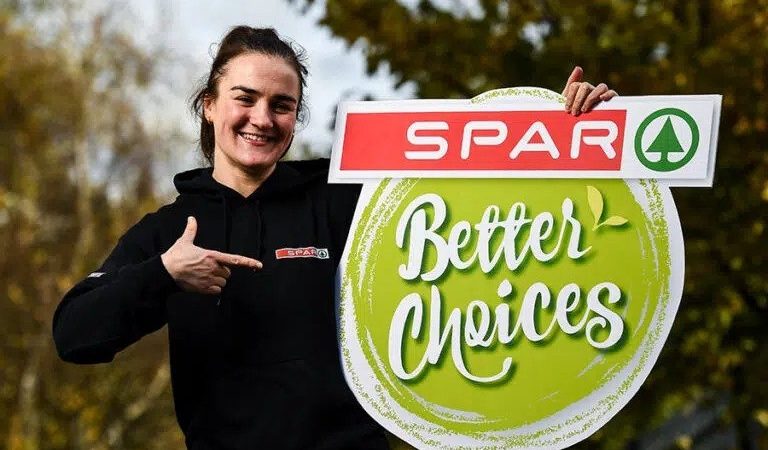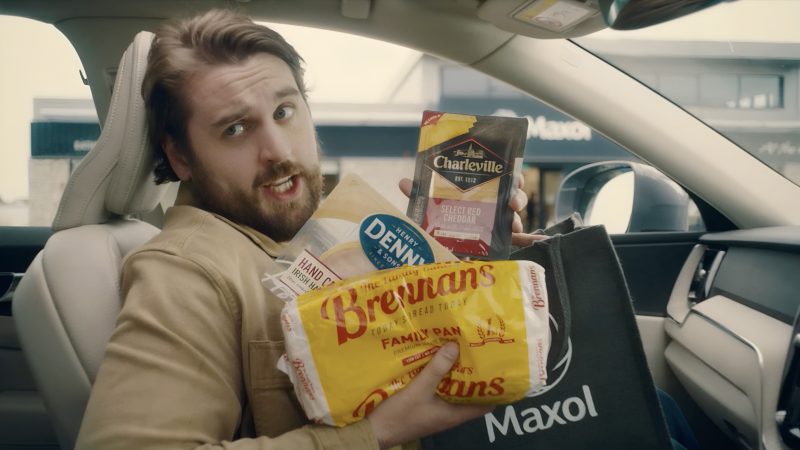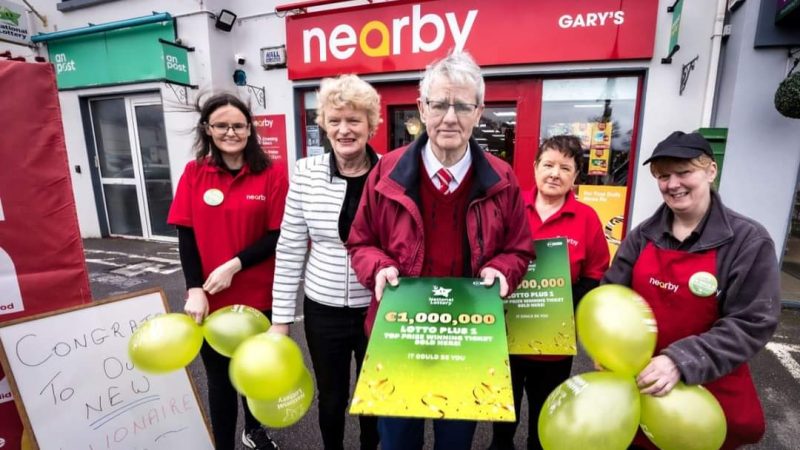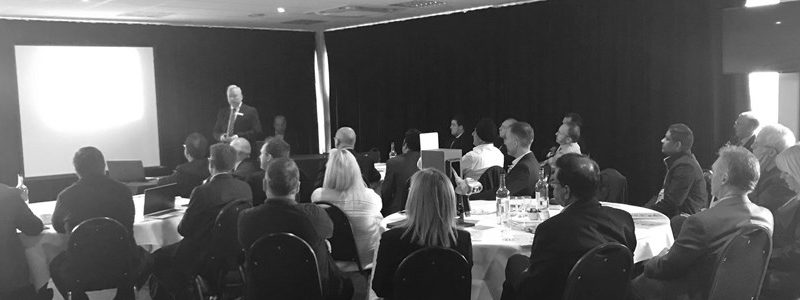Spar owner to use AI to predict customer buying habits

BWG, the owner of Spar in Ireland, is investing €6.5 million in new smart technology that anticipates customer behaviour based on factors such as local weather, sporting events and even social media activity.
The artificial intelligence-based predictive stock-ordering solution aims to reduce the amount of time shop owners spend compiling orders, while also allowing them to benefit from additional purchases on items they might not know would be in demand.
The convenience retail group, which also owns Mace, Londis, XL and the larger Eurospar format, serves more than a million shoppers every day in the Republic.
BWG says it expects both store owners and consumers will benefit from its new solution, which is being trialled in 22 stores and is set to be rolled out across its 1,000-plus network by May.
Traditional ordering platforms rely on past data, creating a replenishment-based order by analysing what has sold, taking into account safety stock in order to predict what retailers should purchase.
The new solution uses predictive analytics to make real-time forecasts for retailers based on what consumers will likely wish to purchase in the future. It is an add-on to the company’s existing ShopLink ordering system, which is fully integrated with retailers’ EPOS systems.
The predictions are based on 240 different data points, including local demographics. It could, for example, predict additional demand for low or no alcohol during “Dry January”, an uplift in sales of convenience food when the World Cup is on, or the need for additional stocks of essentials such as bread and milk in times of bad weather.
Chris Donnelly, chief information officer at BWG, said the retailer’s wide reach means that its system can even predict ultra-local activities – such as a local GAA derby – that could impact on buying behaviour.
Retailers will still get a chance to override the system to include items in orders when they want to.
“They particularly love how time-consuming this is because rather than spend ages putting together an order they can literally press a button and it will be automatically compiled for them,” Mr Donnelly added.
Mr Donnelly said he expects retailers to see a minimum 2 to 3 per cent sales gain using the solution.
“We’ve being very conservative with such an estimate as it will likely be a 6 to 7 per cent gain,” he said.
Mr Donnelly said the solution, which has been developed with US consultancy R4, could be offered to other retailers through a licensing deal at some point in the future.
Last year BWG trialled a solution that allows shoppers to pick up a product, scan the barcode with their smartphone to pay for it and then leave the store without queuing.








